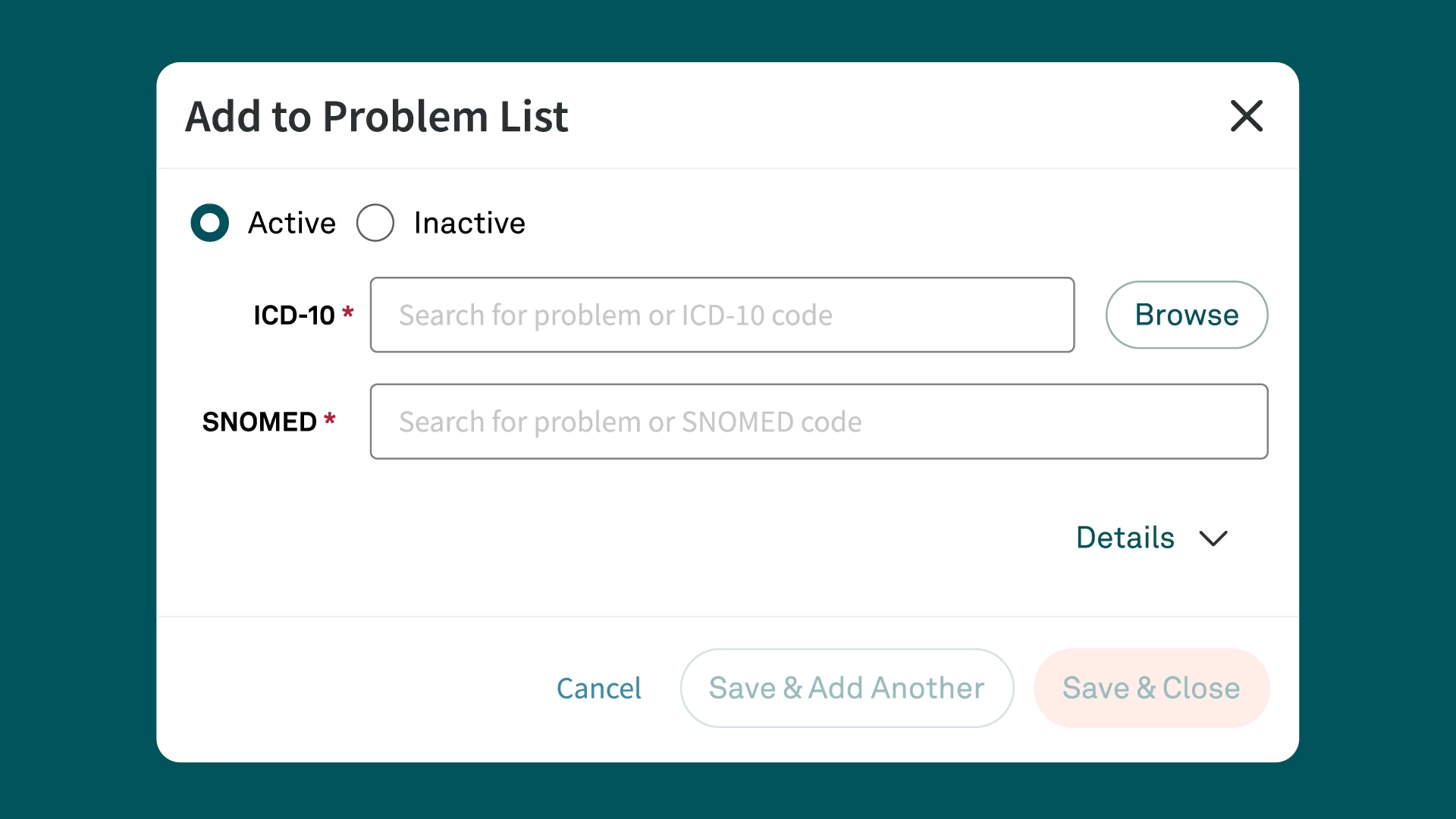ICD-10 Code E11.65
Type 2 diabetes mellitus with hyperglycemia
What is the code E11.65?
E11.65 is a billable/specific ICD-10-CM code used to specify "Type 2 diabetes mellitus with hyperglycemia." This code falls under the chapter of endocrine, nutritional, and metabolic diseases (E00–E89), more specifically within the category E11 Type 2 diabetes mellitus. It is used for clinical documentation and billing purposes to denote cases where Type 2 diabetes is accompanied by episodes of high blood sugar.
Detailed description of E11.65
E11.65 covers situations where a provider lists in their assessment that an individual diagnosed with Type 2 diabetes experiences hyperglycemia, which is an elevated level of glucose in the blood. This condition requires careful management to prevent potential complications such as cardiovascular disease, nerve damage, kidney damage, and others.
Symptoms commonly associated with E11.65
Symptoms of hyperglycemia in the context of Type 2 diabetes may include:
- Frequent urination
- Increased thirst
- High blood sugar levels, as shown on a glucose meter
- Fatigue
- Blurred vision
- Headaches
Related and similar ICD-10-CM codes
- E11.9 (Type 2 diabetes mellitus without complications): Used when no specific complications of diabetes are noted.
- E11.649 (Type 2 diabetes mellitus with hypoglycemia without coma): Used when type 2 diabetes is accompanied by episodes of hypoglycemia
Appropriate usage of E11.65 for billing
E11.65 should be used for billing when clinical assessment confirms that a patient with Type 2 diabetes is experiencing high blood sugar levels. E11.65 may also be assigned in cases where the provider has documented the diabetes to be either "out of control" or "poorly controlled." For physician billing, the only requirements to code are that the physician notes Type 2 diabetes and hyperglycemia in the assessment portion of the note.
Instructional guidelines for physicians/providers coding E11.65
Comprehensive documentation of blood glucose levels, symptoms of hyperglycemia, and any treatments administered to manage the condition helps ensure that the billing is accurate and that the patient receives appropriate care for their condition.
If the type of diabetes mellitus is not documented in the medical record, the default is Type 2 diabetes mellitus.
ICD-10-CM presumes a cause-and-effect relationship between diabetes and hyperglycemia. Hyperglycemia in a diabetic patient should be coded as E11.65 Type 2 diabetes mellitus with hyperglycemia even without provider documentation linking the 2 conditions. Physician documentation does not need to explicitly link the diagnoses of diabetes and hyperglycemia to accurately assign code E11.65.
Additional code(s) from category Z79 should be assigned with E11.65 to identify the long-term (current) use of insulin, oral hypoglycemic drugs, or injectable non-insulin antidiabetic.
Common pitfalls in coding with E11.65
- Using E11.65 inappropriately for patients with Type 2 diabetes who do not currently exhibit hyperglycemia.
- Failing to document the assessment of diabetes and hyperglycemia. If the common symptoms of hyperglycemia are also listed in the provider's assessment, they would not be separately coded.
Key resources for E11.65 coding
- CMS ICD-10 Homepage: Provides official coding resources, guidelines, and updates.
- WHO ICD-10 Online Browser: Useful for checking specific details and criteria for ICD-10-CM codes related to diabetes.
Conclusion
The ICD-10-CM code E11.65 is used to identify cases of Type 2 diabetes with hyperglycemia. Proper application of this code ensures that patients receive the necessary medical attention to manage their blood sugar levels effectively and prevent further health complications.
Simplify ICD-10 code documentation with Tebra
Tebra’s EHR+ gives you quick searches and Systematized Nomenclature of Medicine (SNOMED) field names for efficient code documentation. Plus, Tebra automatically saves ICD-10 to SNOMED mapping for future searches, streamlining your workflow.

Discover how Tebra helps providers effortlessly document health-related issues and conditions in this detailed post.
Similar Codes
Subscribe to The Intake:
A weekly check-up for your independent practice



